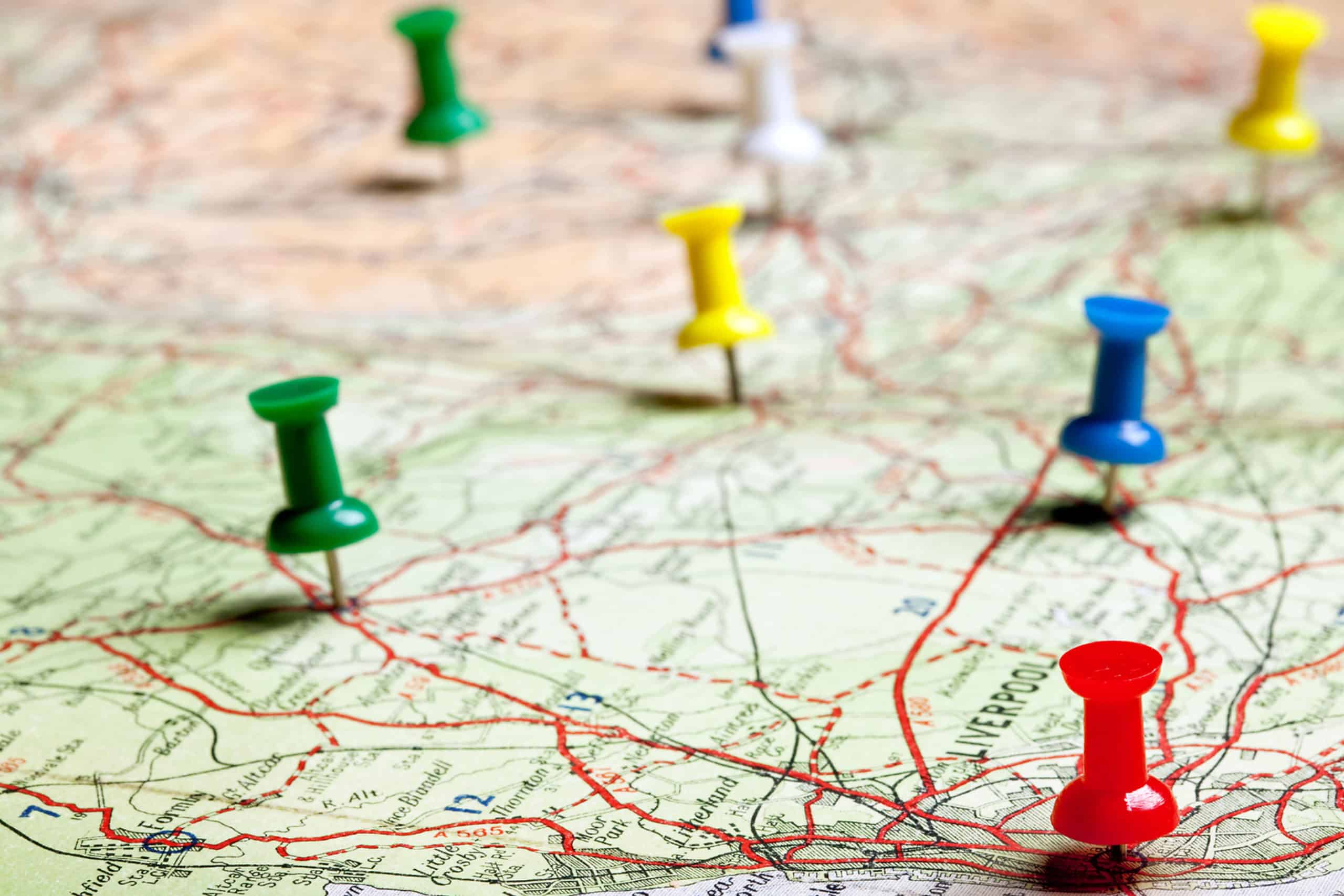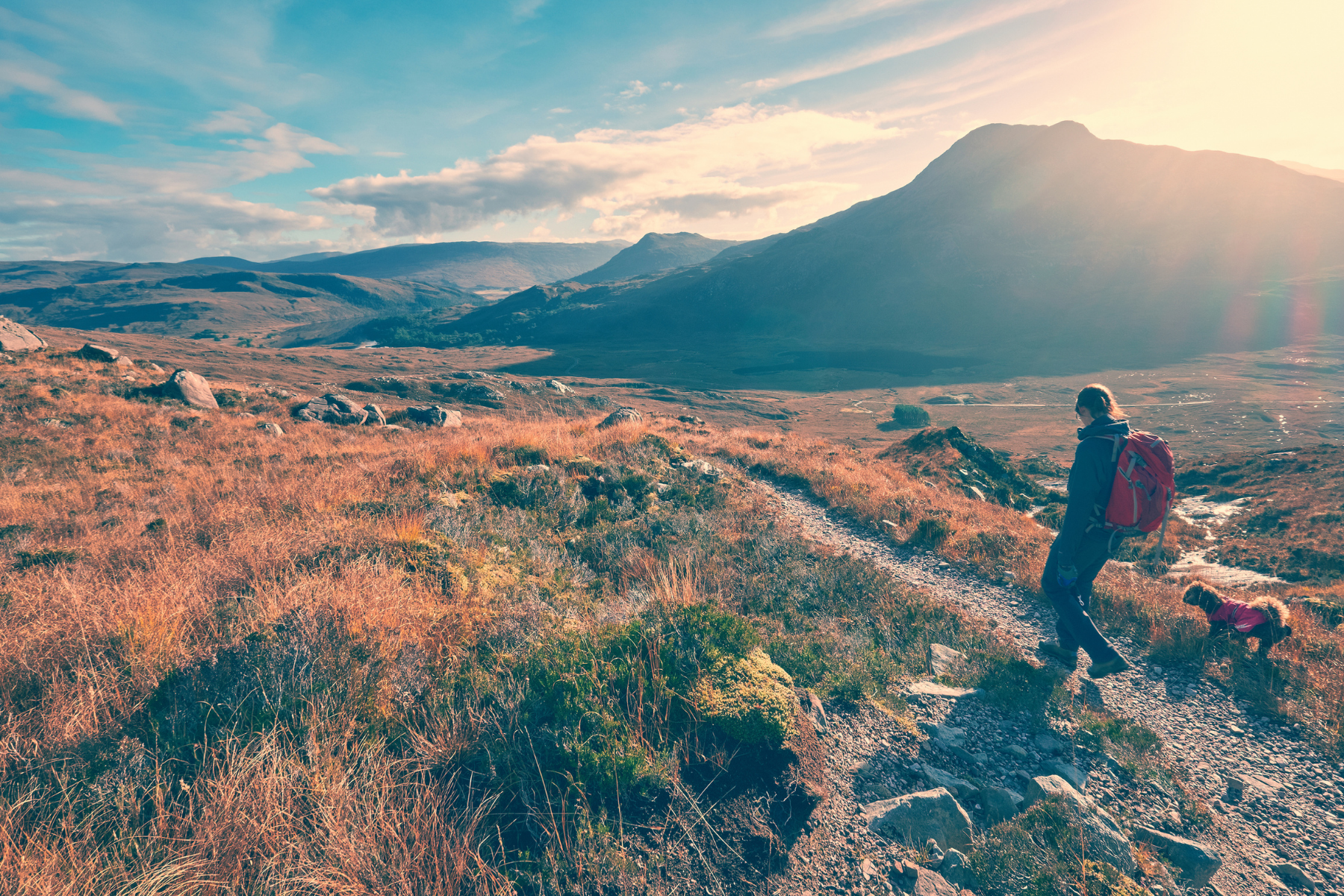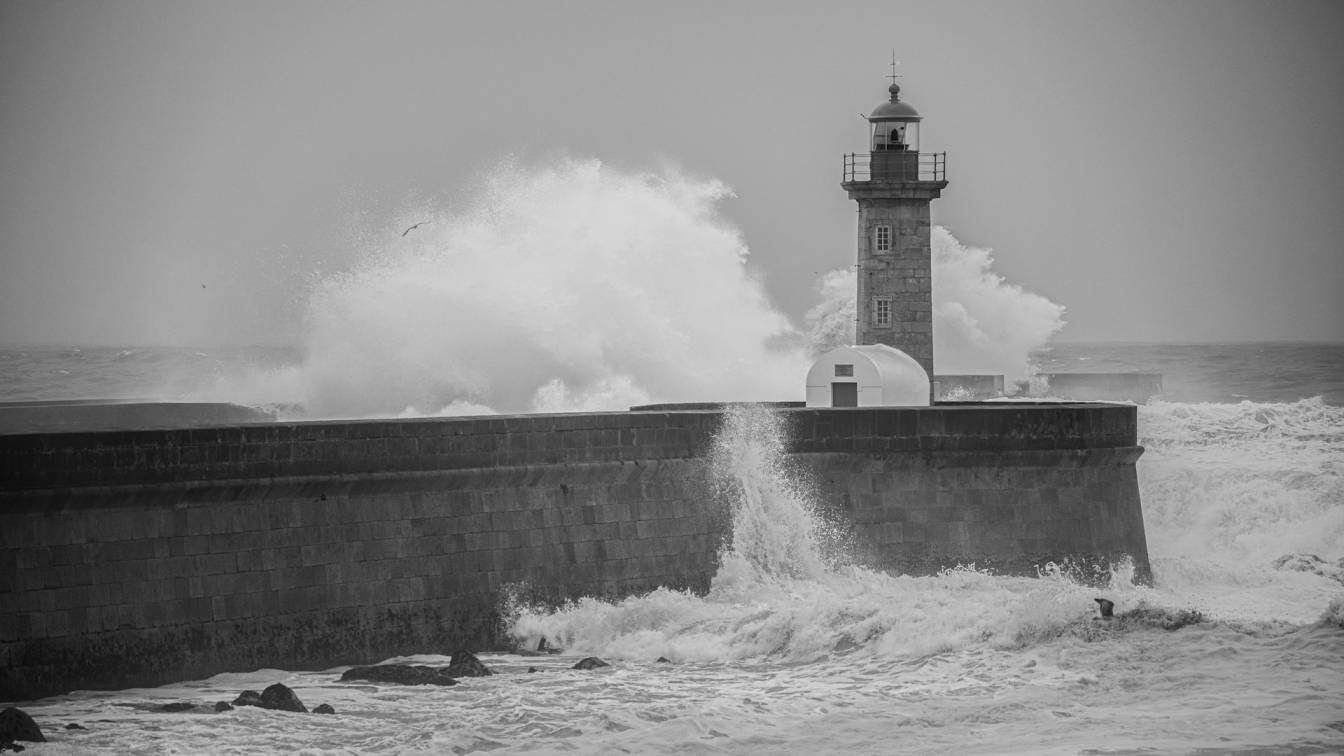
The 2000 year old road map
by Ed Reid
Listen to Audio Version:
As seems to be the norm now, I’m starting the blog on Monday morning – and it’s been another fortnight when the goalposts have shifted.
Around half the country is now living under Tier 2 or Tier 3 Covid restrictions: there is talk of a Tier 4 being introduced if the current rules don’t have the desired effect. In signs of what might come, Spain has introduced a curfew, Italy has significantly tightened the rules and the Welsh Government appears to have decided that children’s clothes are non-essential items but that gin is definitely essential…
Where does this leave owners and directors of SMEs? Desperately searching for certainty is one answer. ‘In the dark’ is another. I doubt there is anyone reading this blog who could write down the rules that apply to their area and get them 100% correct.
Meanwhile the Government continues to offer various help packages to business. But, as an article in City AM states, what an increasing number of entrepreneurs want is not ever-more handouts, but simply to be allowed to do their jobs:
If Downing Street expects entrepreneurs [especially in the hospitality sector] to be grateful … it should think again. A belated handout does not take the sting out of watching something you have built up, nurtured and adapted become a pawn in the government’s increasingly desperate game of three-dimensional chess against the virus.
That’s it in a nutshell. But entrepreneurs will continue to start businesses because, well… that’s what entrepreneurs are driven to do. It’s not so much in our DNA, it is our DNA.
But which businesses are going to succeed? For any would-be entrepreneur, that’s the key question. Starting a business may be hard-wired into you: building a successful, long term business means you need a map. A framework that has been tried and tested…
Last week Mags and I made a seven hour round trip to Colchester. As some of you know, TAB UK is a finalist in this year’s BFA/HSBC Awards, in the Leadership and Culture section. Sadly awards night will not be a swanky black-tie affair at a leading Midlands hotel. Like all of life in 2020 it will be virtual, and it will take place on my kitchen table.
So that was us last week – 3½ hours there, 3½ hours back for 30 minutes of filming – and the strict instruction not to wear anything striped or checked.
Will we win? Who knows. We’re up against some impressive companies. But we’ve done our best – and even being a finalist is testament to the hard work and commitment of everyone in TAB, from the newest franchisee to the longest serving member of the team in Harrogate.
What is without question though, is the franchise model that we – and so many successful businesses – employ.
Tried and tested? There is some suggestion that franchising began in China, more than 2,000 years ago. Others place the beginnings in the Middle Ages when landlords made franchise-type arrangements with tax collectors. The franchise business model was certainly referred to in books around the early 18th Century.
If something has been around for that length of time there’s probably a good reason. And that reason is simple: franchising works.
As we enter the post-Covid world – or more accurately, the living-with-Covid world – I think a proven business framework is going to be more important than ever.
Looking at the TAB UK business model there are three reasons why franchising works so well for us and our franchisees. And I’m sure these apply to the vast majority of successful franchises.
I’ve talked many times about ‘the loneliness of the entrepreneur.’ The buck stops with you and very often there’s no-one to share the burden. In TAB you’re emphatically never alone: you can always pick up the phone to one of your colleagues – or to anyone at head office. And whatever the problem, you can rest assured that someone will have already dealt with it – probably quite recently.
Secondly, you’re working with people who have a proven track record of success. Need that road map? A template for the future? There are as many as you want: all your colleagues will have one.
The third point is simple. The banks love franchises, simply because they have a proven record of being profitable. This quote is from the BFA/NatWest survey of 2018. It must be even more relevant today:
Franchises are continuing to be far more resilient than independent start-ups. Approximately half to two-thirds of new businesses fail within the first three years of trading but, because franchisees have the benefit of a tried and tested business model and access to a support network, failure rates are extremely low, with only 1% per year closing due to commercial failure. Looking at the more established franchises that have been running for more than five years, two in five are highly profitable and only 2% are loss-making.
Those three points in themselves are compelling. But now – as we step into that living-with-Covid world – there’s a fourth. I’ve already touched on entrepreneurs wanting some certainty. We all want certainty – and going forward I’d suggest that being employed is going to be a lot less certain. That certainty – and the security it brings – may only come from being in charge of your own destiny.
‘The only way to predict the future is to create it.’ Right now that old saying has never been more true – and a proven business model like TAB is one of the very best ways to create your future.
Find Out About a TAB Franchise
Related articles

New business supports local SMEs
Discover how TAB is supporting SMEs in South Hertfordshire through unique peer advisory boards and coaching led by seasoned entrepreneur Andrew Butchart.

Ten very successful years
Ed Reid celebrates ten years of TAB in this blog article and looks forward to the future.

Running a Business is like a Walk in the Mountains
Why is being a business owner similar to taking a hike in the mountains? Ian Mealey muses on this and how TAB can help with the journey.





